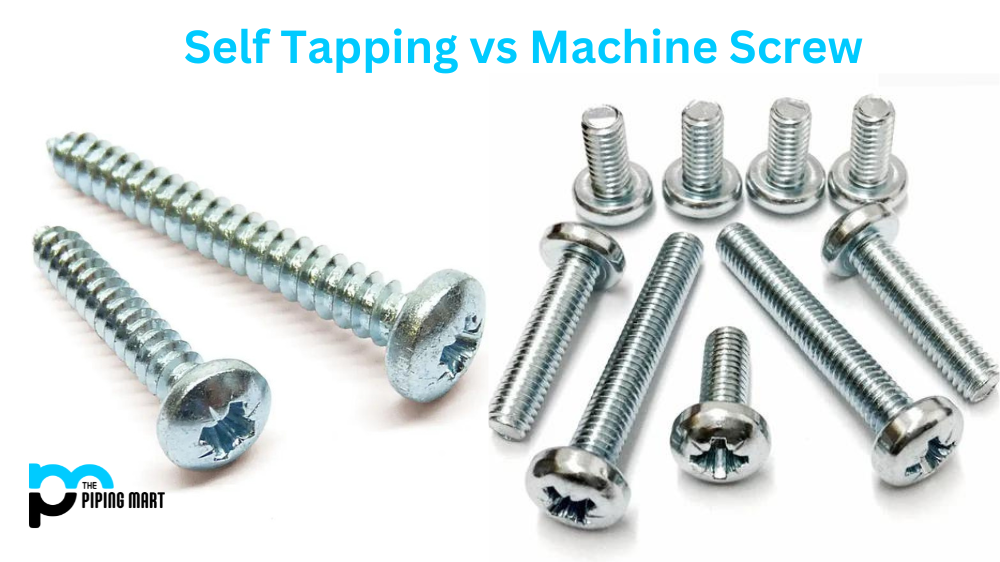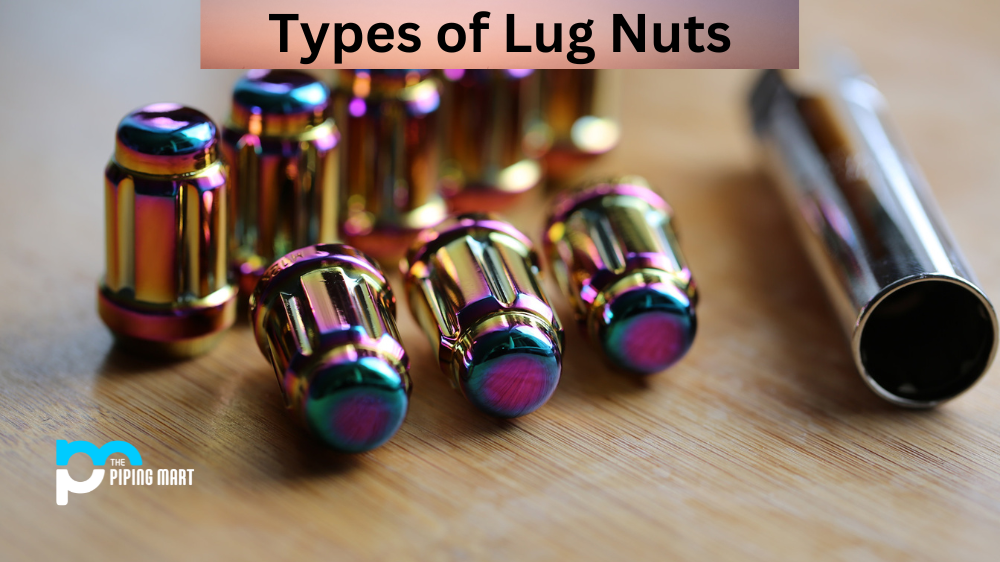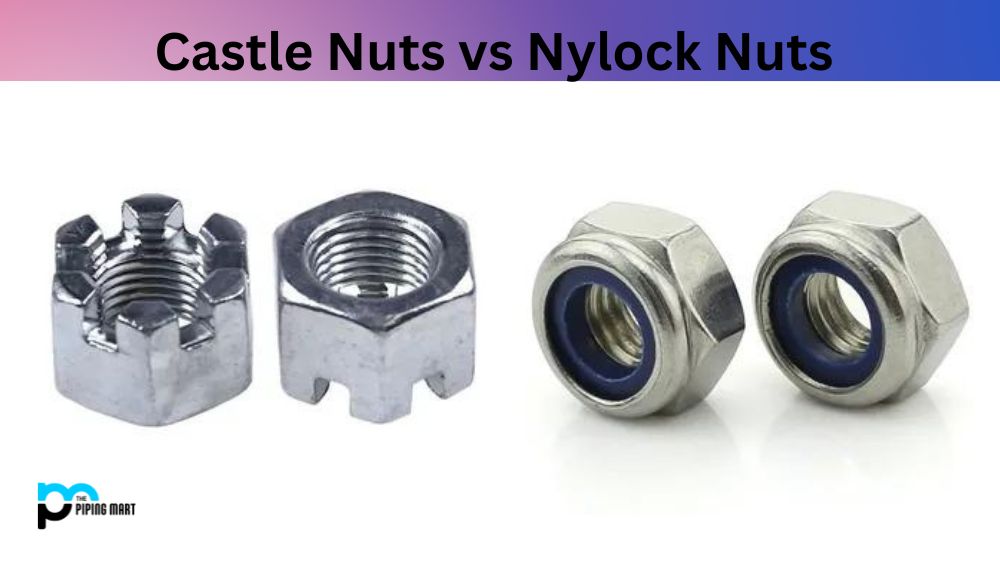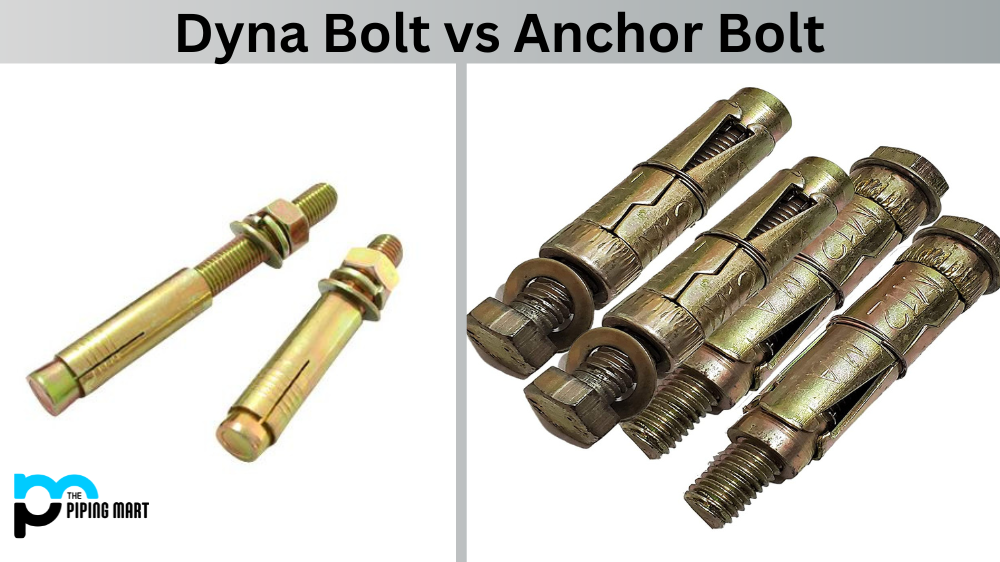If you’re in the market for screws, chances are you’ve come across the terms “self-tapping screws” and “machine screws”. But what exactly do these terms mean, and how do they differ? With so many types of screws available, knowing what sets these two apart is essential to make an informed decision when purchasing. In this blog post, we will do a side-by-side comparison of self-tapping screws and machine screws, exploring their features, applications, and pros and cons.
Self-tapping Screws
A self-tapping screw has a sharp tip that can cut threads into a material without needing a pre-drilled hole. These screws have many applications but are primarily used in softer materials like plastic, wood, and drywall. In contrast, a machine screw has a uniform diameter along its entire length, requiring a pre-drilled hole before being inserted into a material. These screws are commonly used in metal fabrication, automotive, and electronic industries.
Machine Screws
On the other hand, machine screws are known for their tight hold and precise alignment. Because they are installed in pre-drilled holes, they can hold metal parts together more securely than self-tapping screws. They also come in various head styles, such as flat, round, and hex, and they offer excellent resistance to loosening since they are not subject to reverse threading. However, the installation process can be more time-consuming and expensive since each hole has to be drilled beforehand. Machine screws are also less effective in soft materials since they may strip the threads upon insertion.
Difference Between Self-Tapping and Machine Screw
Advantages
One of the main advantages of self-tapping screws is that they can save time and effort since there is no need for a pre-drilled hole. They can be easily screwed in with a power tool, making assembly processes faster and more efficient. Additionally, because they cut their threads, self-tapping screws tend to have higher pullout and stripping strengths. However, self-tapping screws may not be suitable for heavy-duty applications or highly stressed structural components since the threads they create are not necessarily perfectly aligned with the screw axis.
Which one is better?
When deciding between self-tapping screws and machine screws, it ultimately boils down to your specific application and material type. If you’re working with wood or plastic, self-tapping screws are usually your best bet since they are effortless to install and offer a firm grip. If you’re dealing with metal fabrication and require precision, machine screws are the way to go since they provide a tighter fit and precise alignment.
Other Differences
- Self-tapping screws are screws that are designed to create their own thread as they are driven into a material.
- Machine screws are screws that are designed to be used with a nut or tapped hole.
- Self-tapping screws are typically made from softer metals like aluminium, brass, or copper.
- Machine screws are typically made from harder metals, such as steel or stainless steel.
- Self-tapping screws are typically used in softer materials like wood or plastic.
- Machine screws are typically used in more complex materials like metal or concrete.
Conclusion
In conclusion, when choosing between self-tapping screws and machine screws, you must consider the material you’re working with, the desired strength and stability required, cost, and installation time. While self-tapping screws are fast and efficient, they may not be strong enough for heavily loaded parts, while machine screws provide a more robust hold but need pre-drilled holes and take more time to install. Ultimately, with the proper selection of screws, your projects will become much more manageable and time-efficient.

Meet Bhavesh, a seasoned blogger with a wealth of knowledge and experience. From metal products manufacturing to retail, Bhavesh has a diverse background in various industries and is dedicated to sharing his insights and expertise with readers.




